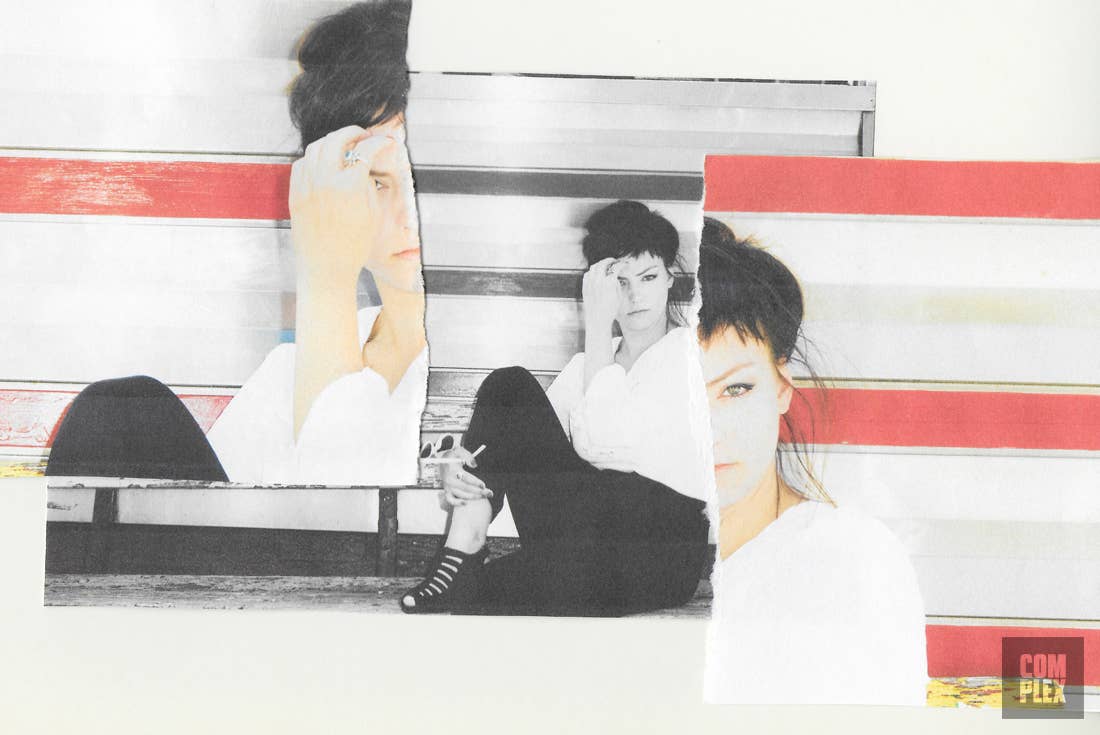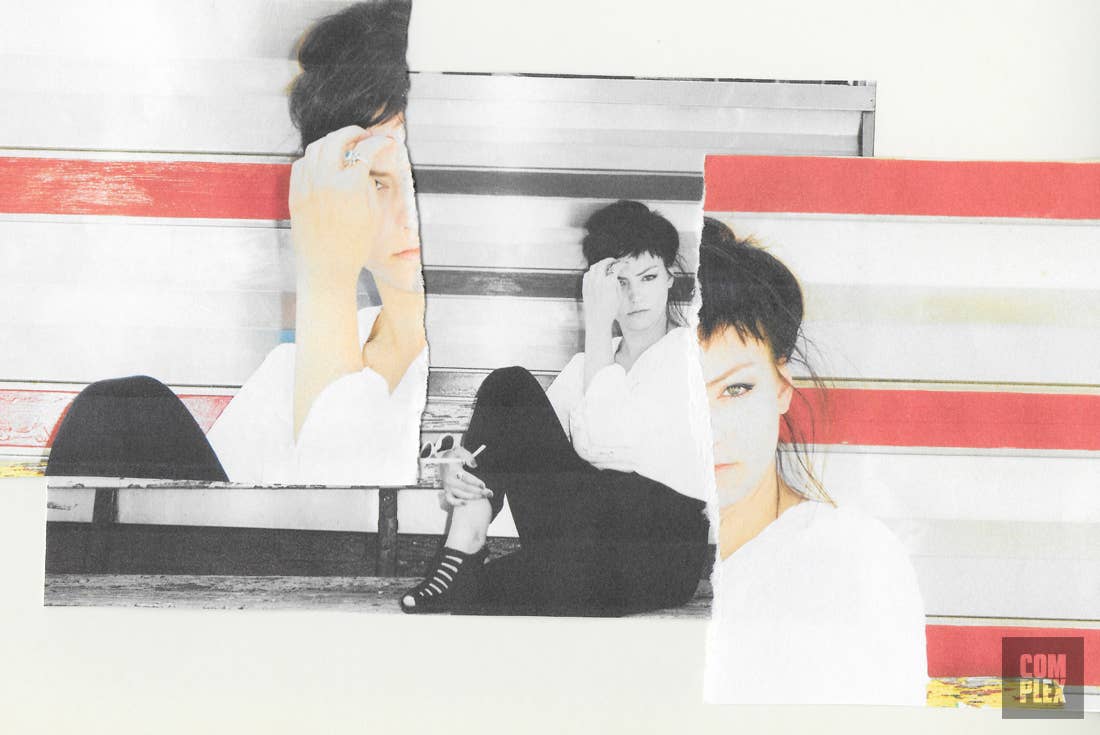
“You’re not gonna like this,” Angel Olsen says, leaning across the table ever so slightly. She’s talking about “Intern,” the first single from her new album My Woman (out Sept. 2)—specifically the line, “I don’t care what the papers say/It’s just another intern with a résumé.” Looking me in the eyes, Olsen says, “I’m talking about just another person who did a shitty interview. Like, ‘Don't worry about what they say in an interview—they're just an intern.’”
It’s impossible not to be intimidated by the 29-year-old singer-songwriter—especially when you could very well be just another shitty intern in her eyes. Now on her fourth album, she’s become keen about the questions journalists ask and the narratives they build. This means there’s a fact sheet for journalists listing topics Olsen would rather not re-hash. The first item: “She has never listened to Joni Mitchell."
Olsen, who hails from St. Louis and Chicago and currently lives in Asheville, North Carolina, had her breakout moment in 2014 with the release of her searing third record, Burn Your Fire for No Witness. The album, a guitar-driven ode to loneliness, earned critical acclaim (including a spot on Complex’s best albums of 2014 list), but it also boxed her in as the Sad Appalachian-Tinged Singer of Indie Rock. It wasn’t until the release of “Intern” this past June, with its sleek synths and video depicting the singer in a tinsel wig, that the conversation around Olsen became much more nuanced, and much more true to who she really is.
“if I don’t do a pose [at a photo shoot] and they just USE me looking bored, what does that say about my music?”
“I was experimenting,” Olsen says over lunch of sautéed spinach and roasted potatoes in Williamsburg, Brooklyn. “I wanted to see what my voice does when I write a synth-based song— it couldn't just be the same it would've been with a guitar. I can't use the same formula all the time.”
The song would turn out to be an outlier on My Woman, but the formula has changed beyond just her music. She’s become much more outspoken about the direction of her image—in photo shoots, music videos, and yes, the stories music journalists spin. When we first meet, Olsen’s attitude borders on cold. Not only is she failing to break a sweat on a breeze-less, almost-90-degree summer day—dressed in a seasonally deaf long-sleeved blouse and thick black pants, mind you—but she nixes several suggestions during a photo shoot; she doesn’t want to wear the tinsel wig from the video again, nor does she want to stage a picnic in the park.
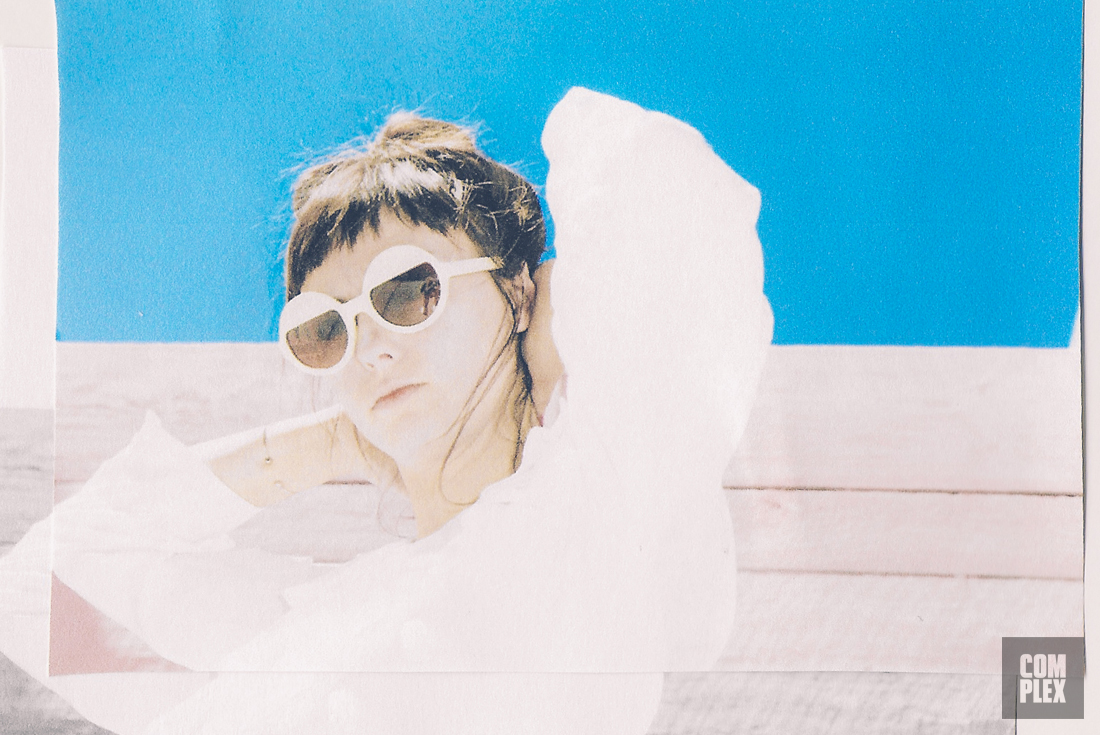
Later, she explains her single-minded focus during the shoot. “I feel very posh showing up at some place and immediately going into a pose. But if I don’t do a pose and they just use me looking bored, what does that say about my music, you know?”
“Being a new artist you get manipulated and put into corners,” Ashley Connor, the celebrated cinematographer who works with Olsen on her videos, tells me later over the phone. “People want to categorize you into a small compact phrase. They want to position you a certain way to sell your music. I think Angel found herself in a box that wasn’t necessarily reflective of who she felt she was. She’s reverting that."
Olsen now considers every aspect of her art—not just the music—and there’s no greater reflection of her performative power than in her recent videos (“Intern,” “Shut Up Kiss Me,” and her latest, “Sister” ), which she’s directing for the first time. By getting behind the camera, she’s shaping her own image—and taking cues from her favorite auteur filmmakers. The first time Olsen perks up during our conversation is when she mentions Agnès Varda, the French New Wave director. As it turns out, the indie rock singer would much rather talk about arthouse cinema than the music your parents used to smoke grass to.
Asked about her acting in her videos, Olsen cites the 1962 film Cleo from 5 to 7, Varda’s most famous work, an existential picture about an egotistical pop star who wanders Paris for two hours while waiting for her biopsy results. “It’s all about this woman who is sort of narcissistic but lonely,” she says. “She’s battling being a human being but knowing she can't afford to let people know that she’s weak, so she has to be authoritative with her image and how she appears. You start off hating her and then you see her struggling and you have to look past her narcissism.”
Olsen has a similar playfulness with her art direction: at times goofy, sometimes sad, perhaps narcissistic but ultimately still vulnerable. And she gets to try on different identities, calling to mind Varda’s experimental 1988 biopic, Jane B. par Agnes V., in which her muse, ’70s icon Jane Birkin shuffles through different costumes, from Joan of Arc to Jane from Tarzan.
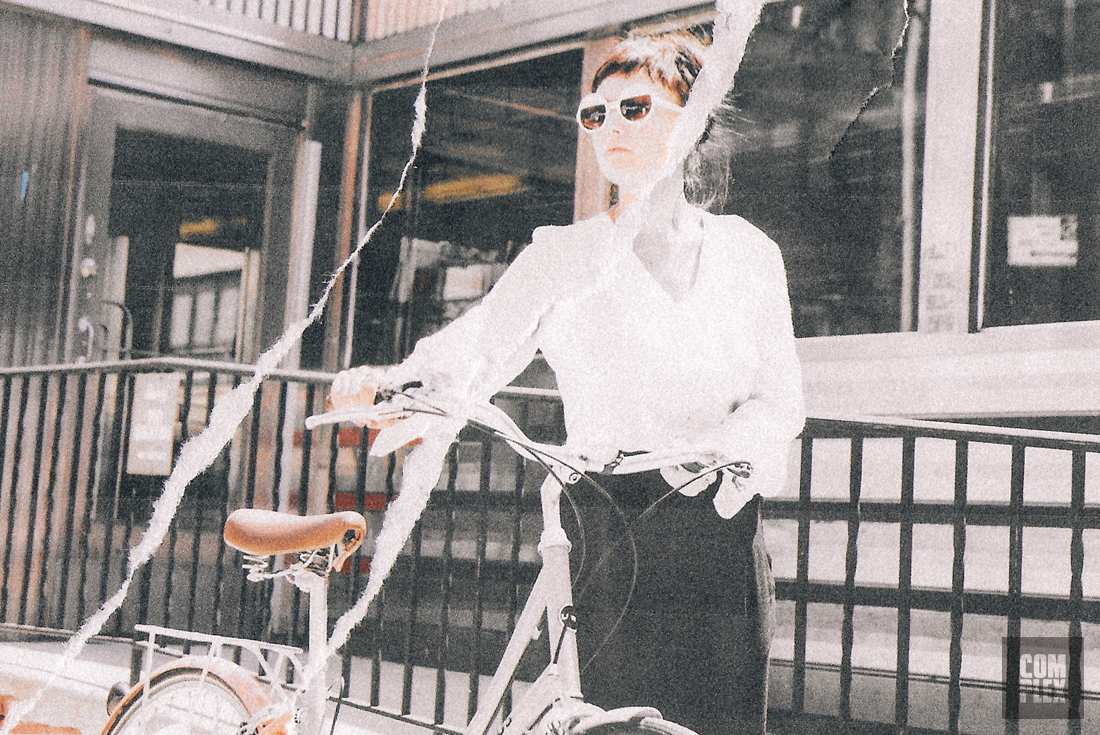
“I think it's very important to get out of the Emo Girl box, you know?” she says. To this end, Olsen has been consciously showing more of the non-brooding side of herself. “I’m very inspired by the people who know how to have fun.”
She mentions her friend and fellow indie-rock musician Mac DeMarco, who is well-respected even though he has a class-clown persona onstage. “Dude knows how to have fun, but then you listen to some of his songs and they’re really sad. I respect that, because though someone is writing a certain way or projecting a certain style of art, it doesn't necessarily sum up the vibe of their character.”
Days later, DeMarco returns the compliment. “With the videos she’s been doing, she looks like she’s just trying to have a good time,” he tells me over the phone. He also respects the way she's taken control of her career and her image. “She’s able to say, ‘Hey, motherfucker’ and take care of herself.”
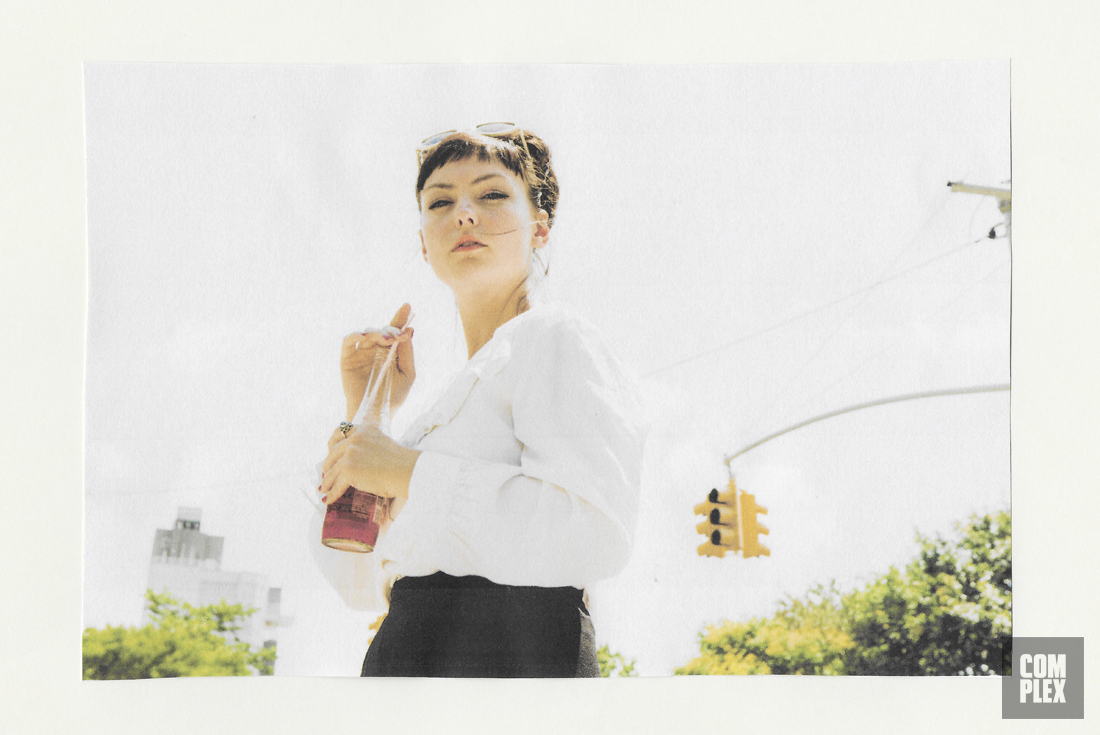
But Olsen hasn’t lost sight of what she originally set out to do: reach people with her music. She still wants to be the Angel Olsen from her last album who sang, “Are you lonely too?/Hi-five!”; the Angel Olsen on “Never Be Mine” who croons, “I would watch you/Learn to love you/And her too if you’d only stay.”
“I think that the whole reason I do any of this is to make other people relate, to let them know they're not alone,” she says.
“I think that's what you do so well,” I tell her.
“Well I’m trying, I’m trying.”
“Try harder!” I joke.
She bursts into laughter. “I will! I promise.”

